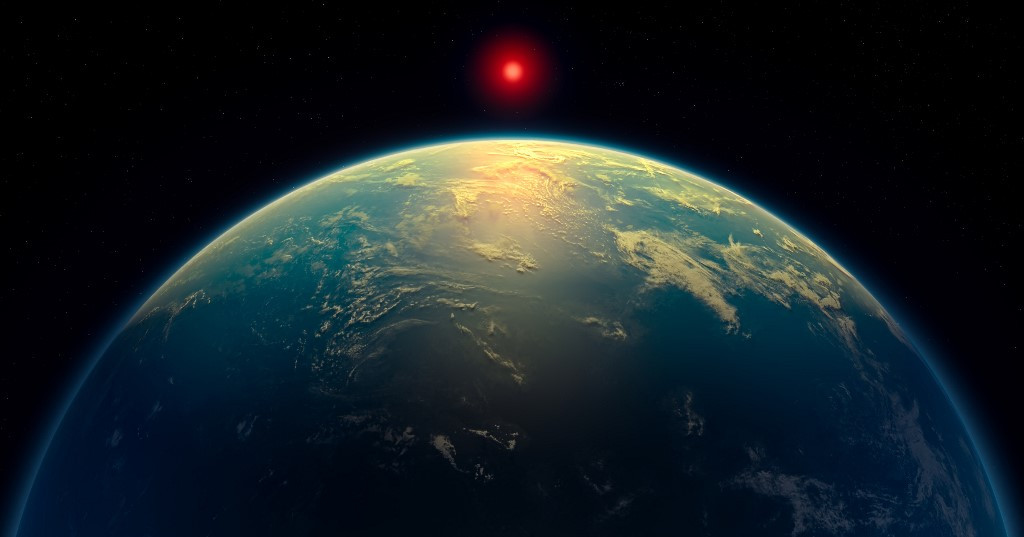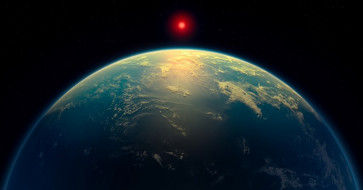Popular Reads
Top Results
Can't find what you're looking for?
View all search resultsPopular Reads
Top Results
Can't find what you're looking for?
View all search resultsDoubt cast on claim of 'hints' of life on faraway planet
But several recent studies looking into the same data have found that there is not enough evidence to support such lofty claims, with one scientist accusing the astronomers of "jumping the gun".
Change text size
Gift Premium Articles
to Anyone
W
hen astronomers announced last month they might have discovered the most promising hints of alien life yet on a distant planet, the rare good news raised hopes humanity could soon learn we are not alone in the universe.
But several recent studies looking into the same data have found that there is not enough evidence to support such lofty claims, with one scientist accusing the astronomers of "jumping the gun".
The debate revolves around the planet K2-18b, which is 124 light years away in the Leo constellation.
The planet is thought to be the right distance from its star to have liquid water, making it a prime suspect in the search for extraterrestrial life.
Last month, astronomers using the James Webb Space Telescope made headlines by announcing they had detected hints of the chemicals dimethyl sulfide (DMS) and dimethyl disulfide (DMDS) on the planet.
These chemicals are only produced by life such as marine algae on Earth, meaning they are considered potential "biosignatures" indicating life.
The astronomers, led by Cambridge University's Nikku Madhusudhan, expressed caution about the "hints" of a biosignature, emphasising they were not claiming a definitive discovery.



















